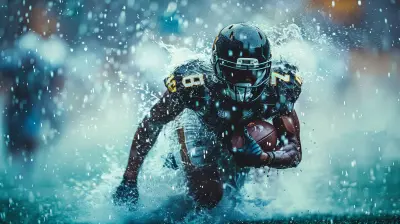The Role of Minor League Contracts in Developing Future Stars
17 June 2025
Introduction
Have you ever wondered how some of the biggest names in sports went from complete unknowns to superstars? It’s not just talent or hard work—there’s an entire system behind their rise. Enter minor league contracts, the unsung heroes of sports development. These deals pave the way for young athletes to refine their skills, gain experience, and prove they have what it takes to compete at the highest level.
But how exactly do minor league contracts shape the future of sports? Let’s break it down and uncover the hidden world of player development, where future MVPs and Hall of Famers are molded.
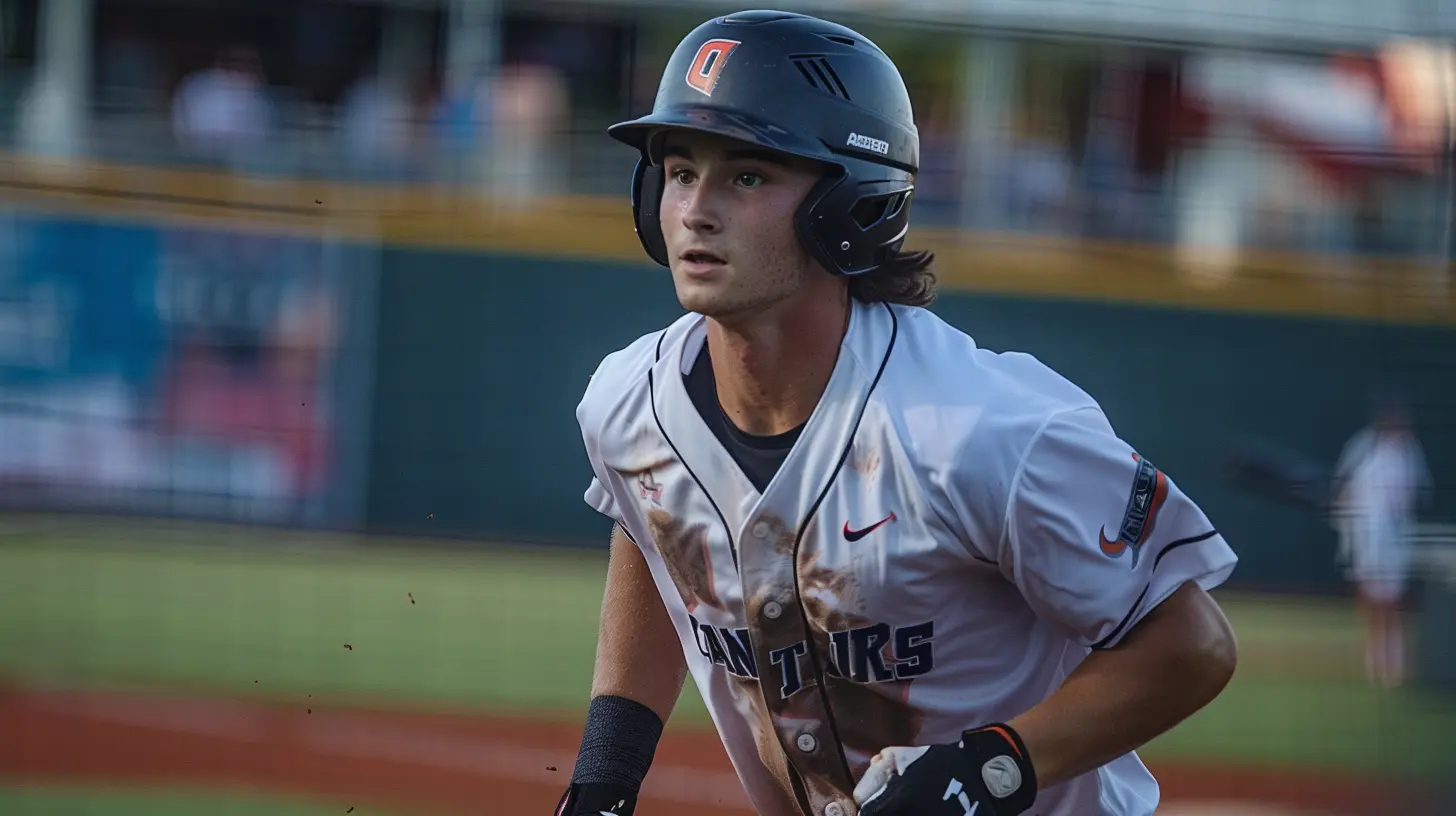
What Are Minor League Contracts?
At their core, minor league contracts serve as stepping stones for athletes trying to break into professional sports. Unlike their major league counterparts, these contracts often come with lower salaries, fewer perks, and a grueling path to success. However, they offer something far more valuable—an opportunity.For teams, these contracts represent low-risk investments. They can sign promising young players, monitor their progress, and decide whether they have what it takes to elevate to the next level. Think of it as a talent incubator, where raw potential is polished into elite performance.
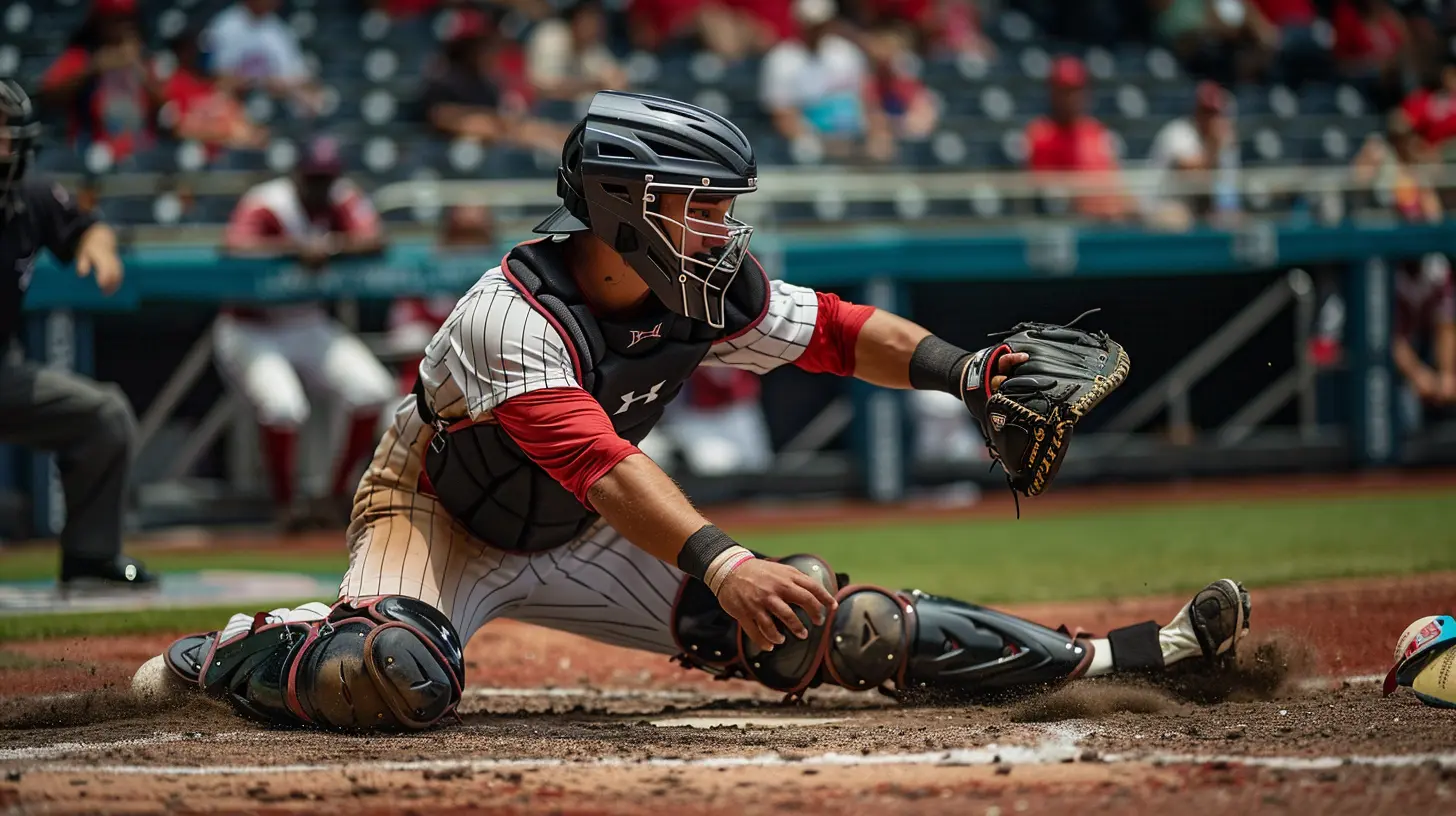
A Proving Ground for Young Talent
Minor league contracts aren’t just about signing players—they’re about development. The journey from a rookie prospect to a seasoned pro is long, and the minor leagues serve as a crucial battleground. Athletes learn the ropes, adjust to the professional pace, and refine their game while facing stiff competition.Take baseball, for example. Every Major League Baseball (MLB) team has a farm system packed with minor league affiliates, where young players hone their craft before getting a shot at the big leagues. The same applies to hockey, basketball, and even soccer, where developmental squads help cultivate future stars.
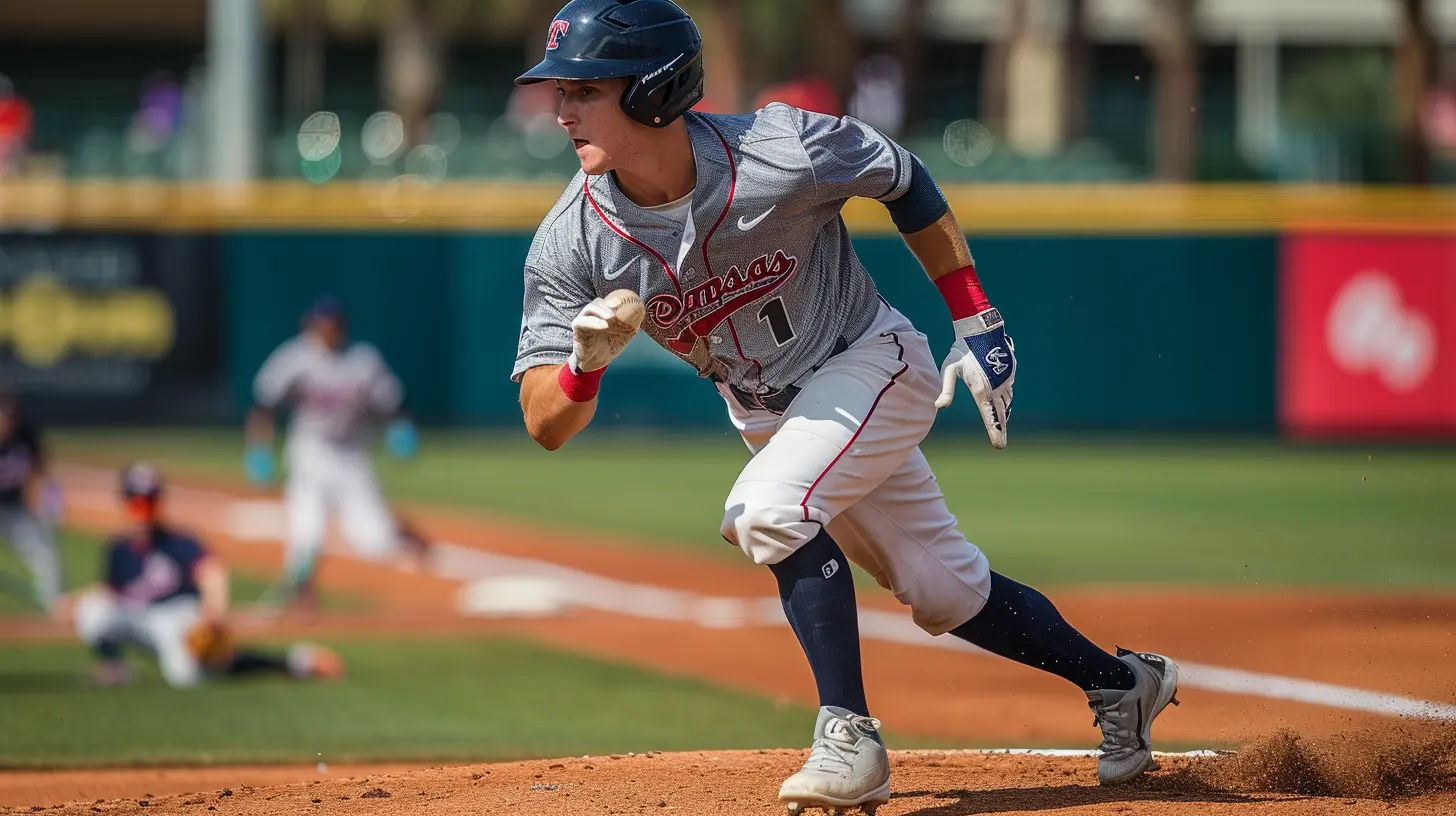
The Financial Reality of Minor League Contracts
Let’s be real—minor league contracts aren’t lucrative. In fact, most players barely scrape by, especially in sports like baseball, where minor league salaries have historically been shockingly low. Many players take offseason jobs or rely on host families just to make ends meet.The financial strain can be brutal, but for those who stick with it, the rewards can be life-changing. Once an athlete makes it to the major leagues, the financial landscape shifts drastically. A player earning a modest minor league salary could suddenly find themselves signing a multi-million-dollar deal if they prove their worth.
It’s a gamble—one where persistence, skill, and a little bit of luck can lead to unimaginable success.
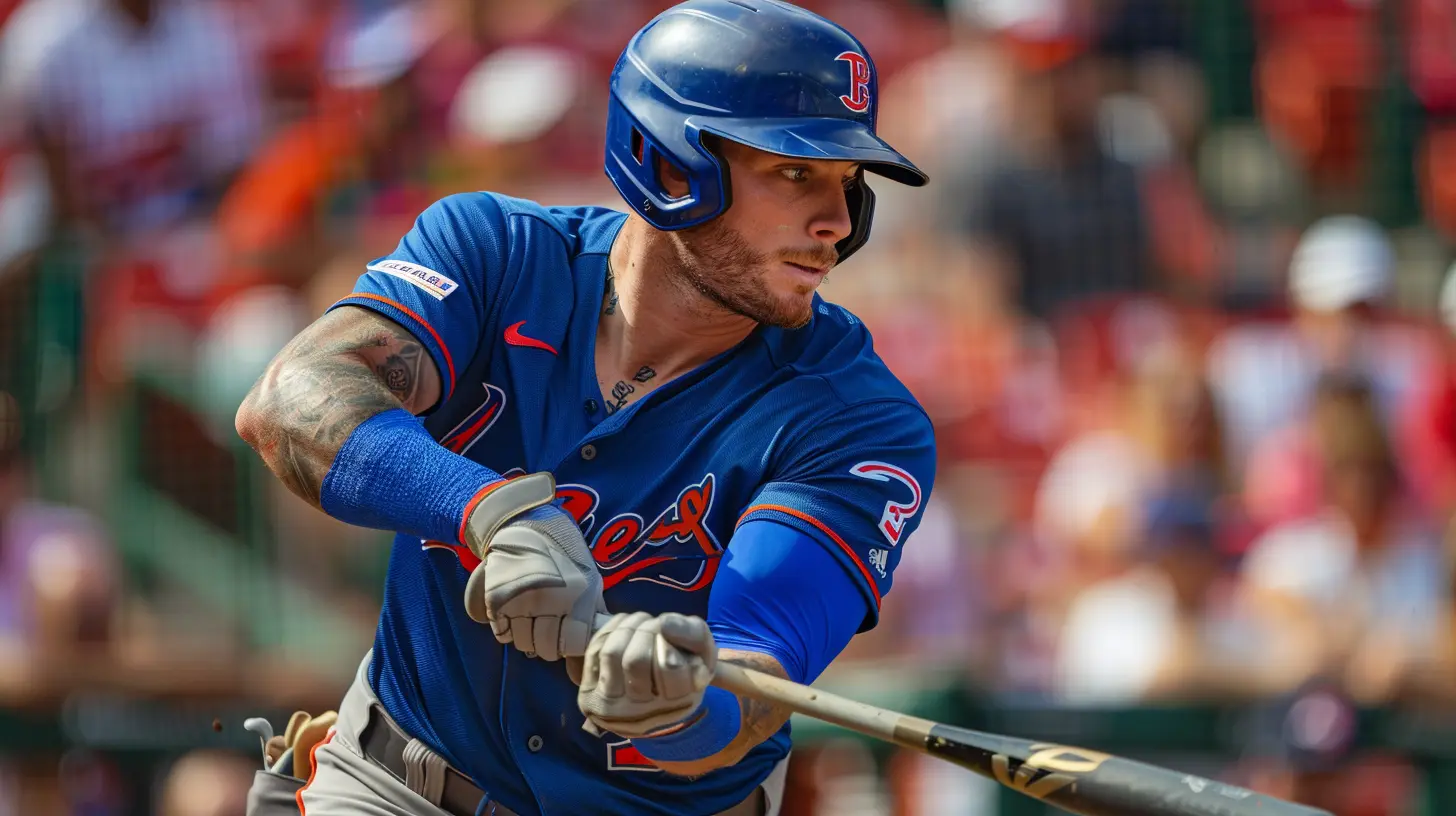
Developing Key Skills in the Minors
Minor leagues aren’t just about endurance; they’re where players transform into professionals. Coaches focus on refining fundamentals, improving decision-making, and preparing athletes for the mental and physical demands of top-tier competition.One of the biggest hurdles? Adjusting to the relentless schedule. Unlike college or amateur leagues, minor league seasons are long, travel-intensive, and mentally exhausting. Players must learn to manage fatigue, stay disciplined, and perform consistently despite the grind.
For many, this period is make-or-break. Those who thrive under the pressure often rise to the top, while those who struggle risk fading into obscurity.
Breakout Stars Who Started in the Minors
Some of the greatest athletes in history endured the grind of the minor leagues before reaching superstardom. Let’s look at a few legendary names who started small before taking the sports world by storm.Mike Trout (MLB)
Before becoming one of baseball’s most dominant players, Mike Trout spent time in the minor leagues sharpening his skills. His time in the minors allowed him to develop his power, speed, and overall game before becoming a franchise cornerstone for the Los Angeles Angels.Giannis Antetokounmpo (NBA G-League)
Though not a traditional minor league player, Giannis Antetokounmpo spent time developing his game in lower-tier professional leagues before exploding into the NBA. His early days in Europe and the G-League were critical in shaping him into a two-time MVP.Patrick Mahomes (NFL Practice Squad & Developmental Phase)
While the NFL doesn’t have a structured minor league system, Patrick Mahomes benefited from a developmental period under the mentorship of veteran quarterback Alex Smith. That time allowed him to fine-tune his game before becoming one of the most electrifying quarterbacks in football.These stories prove one thing—minor league contracts aren’t just contracts; they’re launching pads for greatness.
The Psychological Pressure of the Minors
Being a minor league athlete isn’t just physically demanding—it’s a mental battle. The uncertainty, the lack of financial security, the constant pressure to perform—it weighs heavily on young athletes.Many players spend years in the minors without ever getting their shot at the big leagues. Injuries, coaching decisions, and even sheer bad luck can derail careers before they even begin. It takes a unique blend of mental toughness, resilience, and self-belief to push through.
For those who can withstand the pressure and continue improving, the reward is worth every struggle. The gratification of finally getting called up to the majors is unlike anything else—proof that their hard work has paid off.
The Role of Coaches and Scouts
Behind every successful minor leaguer is a team of coaches and scouts who help shape their journey. Scouts identify raw talent, coaches refine it, and organizations work to prepare these athletes for the next level.Scouts play a critical role in evaluating young prospects. They assess everything from mechanics to work ethic, projecting which players have the highest ceiling. Meanwhile, coaches focus on skill development, ensuring that players correct weaknesses and build strengths.
Without scouts and coaches, the minor leagues wouldn’t function. They are the architects of player development, building the foundation for future stars.
The Future of Minor League Contracts
While minor leagues have been around for decades, they continue to evolve. Increased attention on fair compensation, better living conditions, and enhanced training facilities are helping shape a more sustainable future for minor league athletes.In recent years, major leagues have started investing more in their minor league systems, acknowledging their importance in player development. Improved salaries, better healthcare, and advanced analytics are helping players reach their full potential faster.
As the sports world changes, one thing remains constant—minor league contracts will always be a gateway for tomorrow’s legends.
Final Thoughts
Minor league contracts may not be glamorous, but they are essential in building the next generation of superstar athletes. They offer young players a chance to prove themselves, hone their craft, and fight for a shot at greatness.Every time you watch a major league game, remember: many of those athletes had to grind through the minors before reaching the big stage. Their journeys weren’t easy, but they were necessary.
So the next time you hear about a promising prospect signed to a minor league deal, pay attention. You just might be witnessing the early days of a future legend.
all images in this post were generated using AI tools
Category:
Sports ContractsAuthor:

Ruben McCloud
Discussion
rate this article
2 comments
Selkie Hall
Great insights! Minor league contracts are vital for nurturing talent and building future stars. It's exciting to see how these players evolve and shine!
June 18, 2025 at 10:36 AM

Ruben McCloud
Thank you! I’m glad you found the insights valuable. Minor league contracts truly are crucial for player development and the future of the sport!
Emmeline McSweeney
Minor league contracts are crucial for nurturing emerging talent in professional sports. They provide young athletes with essential playing time and development opportunities, allowing teams to assess skills and potential without the financial risk of major league commitments. This system not only strengthens franchises but also enhances the overall quality of the sport.
June 17, 2025 at 10:48 AM

Ruben McCloud
Thank you for your insightful comment! You perfectly capture the vital role minor league contracts play in player development and team success.

